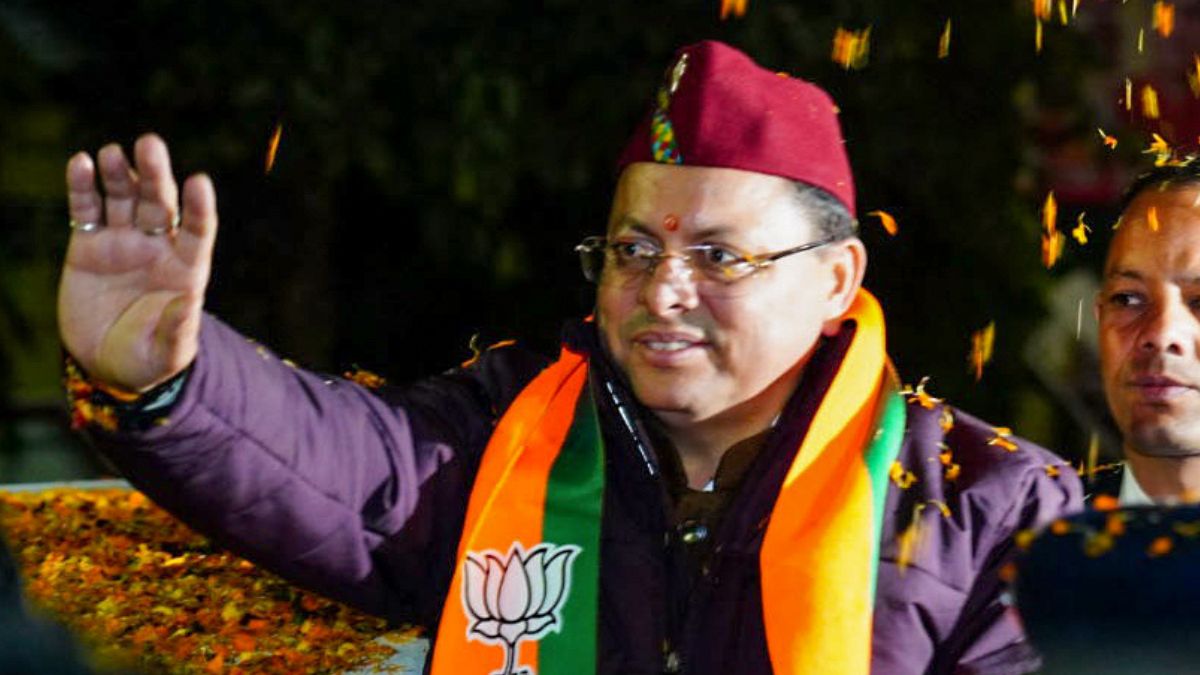- By Anushka Vats
- Thu, 08 Feb 2024 07:10 AM (IST)
- Source:JND
The Uniform Civil Code (UCC) Bill was passed with a comfortable majority during a special session in the Lok Sabha on Wednesday. Uttarakhand Chief Minister Pushkar Singh Dhami, during the debate on the Uniform Civil Code, said that the state legislature is going to create history with the passing of the UCC and that every citizen of the state is filled with pride.
Meanwhile, besides Uttarakhand, several BJP-led states including Assam, Rajasthan, and Gujarat, among several others, are planning to implement UCC. Let's take a look:
Rajasthan
Rajasthan Minister Kanhaiya Lal Choudhary on Tuesday announced that the state government is planning to introduce the Uniform Civil Code (UCC) Bill in the current or next session of the assembly, following in the footsteps of Uttarakhand.
Choudhary also praised Uttarakhand Chief Minister Pushkar Singh Dhami for initiating the bill, which aims to establish uniform civil laws for all citizens regardless of their religion.
Assam
Assam Chief Minister Assam Biswa Sarma, earlier this week, has said that his government was looking forward to the legislation on the Uniform Civil Code. "We will also closely monitor the development of Uttarakhand. If the Uttarakhand UCC bill is laid on February 5, then we will see if we are in a position to implement the entire UCC (bill of Uttarakhand)," he had said, ahead of the Assam assembly that began on February 5.
Uttar Pradesh
Hinting that the bill will be launched soon in Uttar Pradesh, Deputy Chief Minister Keshav Prasad Maurya on Tuesday congratulated the Pushkar Dhami-led BJP government for introducing the UCC Bill in the State Assembly and said that UCC will be implemented in the state at the appropriate time.
Besides these states, Gujarat, Maharashtra, Goa, Himachal Pradesh, Haryana and other states ruled by BJP may also implement UCC in the respective states.
What Is UCC?
The Uniform Civil Code is a proposal in India to formulate and implement personal laws of citizens which apply to all citizens equally regardless of their religion, gender and sexual orientation.
The bill contains the laws relating to marriage, divorce, succession, live-in relationships, and related matters. Among the many proposals, the Uniform Civil Code Bill makes it compulsory for live-in relationships to be registered under the law. Once the proposed UCC Bill is in place, "live-in relationships" will have to get registered under the law within 1 month from the "date of entering into the relationship.
No divorce petition will be allowed to be filed after one year of marriage. Highlighting the ceremonies for marriage, the proposed UCC Bill noted that marriage may be solemnised or contracted between a man and a woman in accordance with religious beliefs, practices, customary rites and ceremonies including but not limited to "Saptapadt", "Ashirvad", "Nikah", "Holy Union", "Anand Karaj" under the Anand Marriage Act 1909 as well as under, but not limited to, The Special Marriage Act, 1954 and Arya Marriage Validation Act, 1937.

